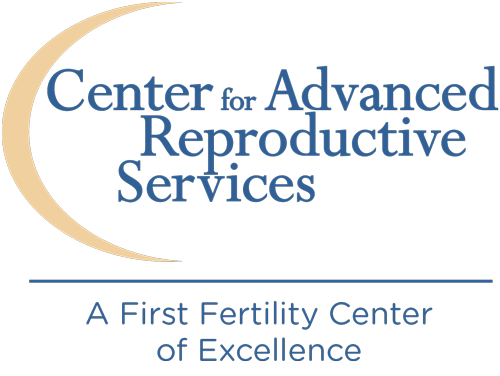- Why Choose Us
Success Stories
Our Facilities
Academics/Research
- Start Your Journey
- Family Building Programs
Integrated Health & Wellness
- News & Video
Video Library
News + Events
Contact Us
- Patient Portal
Online Payments
- For Physicians
The Center for Advanced Reproductive Services is a part of the First Fertility family of centers. Learn More About The Center.
Utilizing a Center Donor
Before donors are accepted into our program, they must undergo various screening and psychological evaluations. We screen all egg donors according to guidelines recommended by the American Society for Reproductive Medicine (ASRM).
Potential donors must be between the ages of 21 and 32 and be non-smokers. Candidates fill out a questionnaire reviewing their medical and family history and social habits, all of which are reviewed by one of The Center’s physicians to determine the donor’s acceptability and ascertain potential risk for significant medical or genetic disorders.
The potential donor and her partner are then invited to one of our informational sessions to learn about all kinds of topics related to egg donation, including any associated risks. The next step is to then undergo various tests for transmitted diseases and genetic disorders.
Following the medical tests, potential donors are evaluated with psychological tests and counseled by our psychologist. During this session, we will discuss the emotional, psychosocial, ethical and legal issues that pertain to egg donation and evaluate the donor’s psychological well-being and preparedness to cope with the stress of being a donor. Counseling allows the donor to explore the effect her donation may have not only on herself but on the recipient and the potential child that is conceived. The psychologist may also meet briefly with the potential donor’s partner to ensure the partner understands and supports the process.
Maintaining Confidentiality
We assure that our team preserves the confidentiality and anonymity of both the donor and recipient. We protect both parties’ identities and both must agree not to seek identifying information concerning each other.
Compensation
To complete an egg donation cycle, donors need to commit time, energy and emotion into the process. Donors who complete the cycle will be compensated $8,000 for their time and the inconvenience imposed by the treatment process

